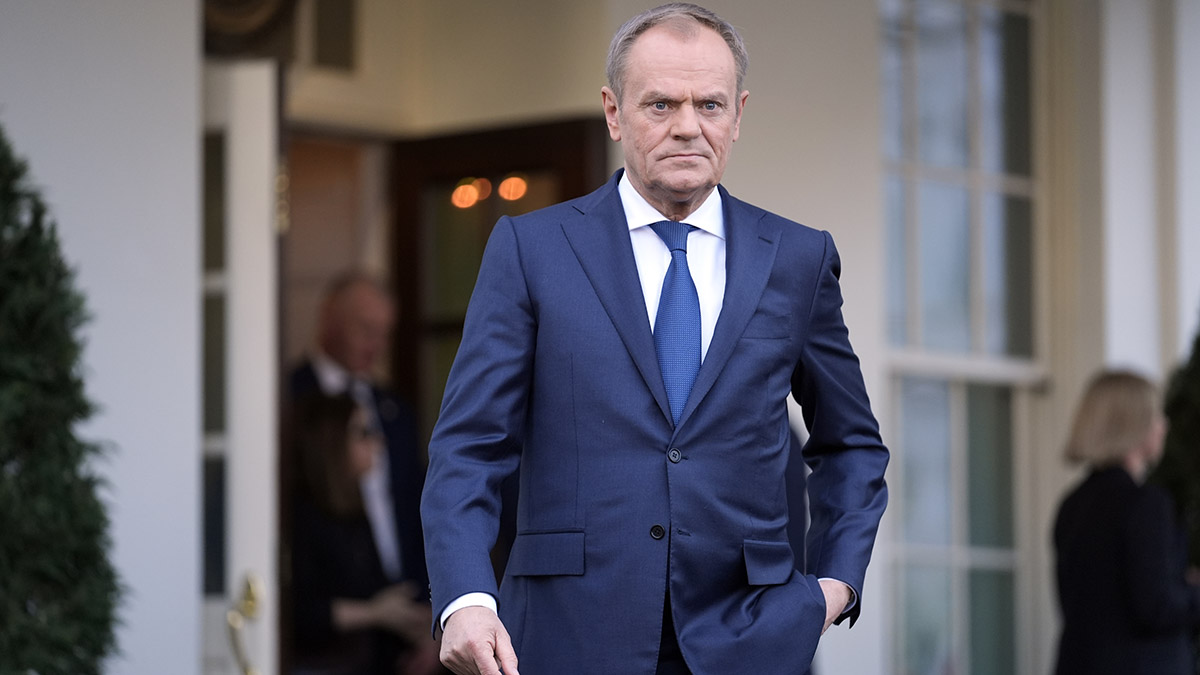In our ongoing coverage of global events, we’ve delved into the intricacies of corporate layoffs, shedding light on the economic landscape. However, the focus now shifts to a diplomatic sphere as we examine Poland’s unprecedented recall of 50 ambassadors, a move that has undoubtedly sparked curiosity and speculation.
Poland recalls 50 ambassadors
Even for those unfamiliar with diplomatic affairs, the recall of such a significant number of envoys is striking. This isn’t a random decision; rather, it appears to be a meticulously planned political maneuver. The pertinent question is: Why?
Poland’s Foreign Ministry has been tight-lipped about the rationale behind this mass recall, offering vague assertions about enhancing the professional execution of challenging tasks. Such statements echo the predictability of a ChatGPT response. However, the underlying motive seems transparent.
All 50 recalled ambassadors were appointed during the tenure of Poland’s previous government, indicating a lack of trust from the current leadership. Prime Minister Donald Tusk has hinted at the importance of having a loyal team, suggesting a desire to remove officials perceived as remnants of the prior administration. While details regarding the ambassadors’ assignments, replacements, and identities remain undisclosed, this pattern of purging officials isn’t novel in Poland.
Appointed by previous Polish government
The previous government, characterised by right-wing ideologies, held power for eight years until 2023 when the current pro-European administration assumed control. Since then, a systematic removal of individuals appointed by the former regime has been observed, extending beyond diplomatic circles to include heads of state-run media outlets.
Impact Shorts
More ShortsWhile this may seem like a domestic issue, it exemplifies a clash of ideologies with profound implications. From an external perspective, the situation in Poland underscores the challenges associated with abrupt policy shifts and the resulting confusion they generate.
Poland’s scenario isn’t isolated; it reflects a broader trend observed in many Western countries, where foreign policy often oscillates depending on the ruling party. This lack of policy continuity poses significant challenges for diplomatic relations and strategic partnerships.
Domestic politics affects US foreign policies
Consider the United States, where stark policy differences between administrations create uncertainty on the global stage. From nuclear deals with Iran to climate agreements and military alliances, the inconsistency in foreign policy priorities complicates international engagements.
Such fluctuations are evident in other nations like Britain, France and Canada, where changes in leadership translate to divergent stances on crucial geopolitical matters. The unpredictability inherent in these shifts undermines trust and hampers diplomatic efforts.
No different in smaller nations
Even smaller nations like Slovakia experience the repercussions of shifting foreign policy dynamics. The abrupt cessation of military aid to Ukraine under a new prime minister highlights the destabilizing effects of political transitions on international commitments.
While fluctuations in domestic policy are understandable, the lack of consistency in foreign policy erodes trust and undermines strategic alliances. Contrastingly, countries like India offer a beacon of stability, maintaining a consistent foreign policy stance across political transitions, thereby fostering enduring partnerships.
The importance of continuity in foreign policy cannot be overstated. It serves as the foundation for trust, predictability, and effective diplomacy. Without it, the delicate balance of geopolitics becomes precarious, posing challenges to global stability and cooperation.
In essence, Poland’s recall of ambassadors serves as a microcosm of broader geopolitical challenges stemming from political transitions. As we navigate this complex landscape, the need for coherence and consistency in foreign policy remains paramount to fostering meaningful international relations.
Views expressed in the above piece are personal and solely that of the author. They do not necessarily reflect Firstpost’s views.
)